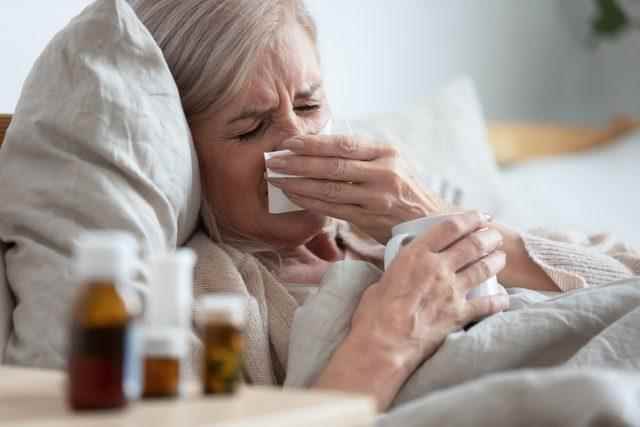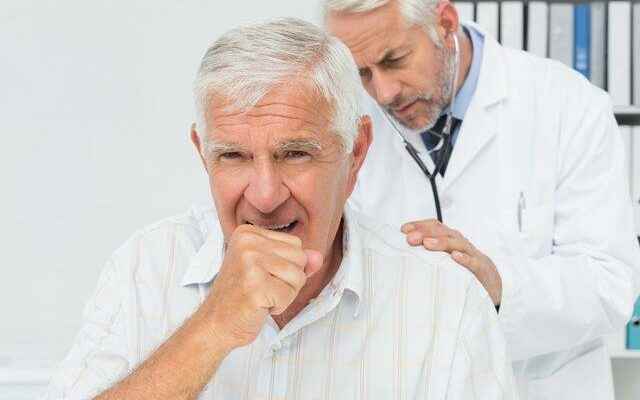Pneumonia, which is the 6th cause of death in the UK and the USA, is the 5th in our country. Stating that early and correct treatment for this important problem, which can occur with various microbes such as bacteria, viruses and fungi, is therefore life-saving, Chest Diseases specialist Dr. Instructor U. Seha Akduman gave the following information about the statistics pointing to the severity of pneumonia: “The data show that the rate of death in outpatients is 1-5%, while it reaches 12% in hospitalized cases and 40% in patients requiring intensive care support. is showing.”
LOSS OF LIFE RISES AS THE DISEASE PROGRESSES!
Pointing out that the death rate from pneumonia in studies conducted in our country varies between 1% and 60% in relation to the severity of the disease, Dr. Instructor U. Akduman said, “It has been shown that the rate is significantly higher (10.3-60%) in severe pneumonia that needs to be hospitalized.”

ELDERLY PATIENTS MAY NOT HAVE FEVER!
Saying that the fever seen in pneumonia is an indicator of the fight against microbes, Dr. Instructor U. Seha Akduman continued her words by stating that people over 65 years of age with weakened immunity may not have a fever response.

“Classic findings, fever, cough, sputum production, chest pain are the most common symptoms. However, patients may also experience symptoms such as shortness of breath, loss of consciousness, nausea-vomiting, frequent breathing, muscle-joint pains, and fatigue. However, it is important for elderly people to be more careful. Because in elderly patients, pneumonia can occur only with impaired consciousness without fever.”

Noting that the delay in the diagnosis of pneumonia increases the risk of loss of life, Dr. Instructor U. Seha Akduman said that the addition of cough, dark-colored sputum and shortness of breath after increasing viral upper respiratory tract infections, especially in the current period, may be a sign of newly developing pneumonia. Dr. Instructor U. Akduman continued his words as follows: “There is a point that I would like to draw attention to here. Uncontrolled use of drugs or antipyretic agents against upper respiratory tract infections can suppress fever and symptoms. In this case, the diagnosis of pneumonia will be delayed, as going to the doctor will be delayed. For this reason, drugs should not be used without the recommendation of a doctor. After viral infections, it is important to rest well, get enough and quality sleep, pay attention to fluid intake and nutrition. It is also recommended to regularly use vitamins related to the immune system, such as vitamin D.

AT RISK PEOPLE SHOULD GET BOTH Pneumonia and Flu Vaccines
Reminding that especially COPD, asthma, diabetes, chronic kidney patients, cancer patients and people receiving chemotherapy should definitely get pneumonia and flu vaccines to be protected, Chest Diseases specialist Dr. Instructor U. Seha Akduman gave the following information on what to pay attention to:

“Smoking is a very serious risk factor for pneumonia. For this reason, if the patient is using it, he should definitely quit and even stay away from places where he can be exposed to cigarette smoke in order not to be a passive smoker. In addition, it is important for people with weakened immunity to stay away from crowded environments and pay attention to the use of masks in terms of protection.”
